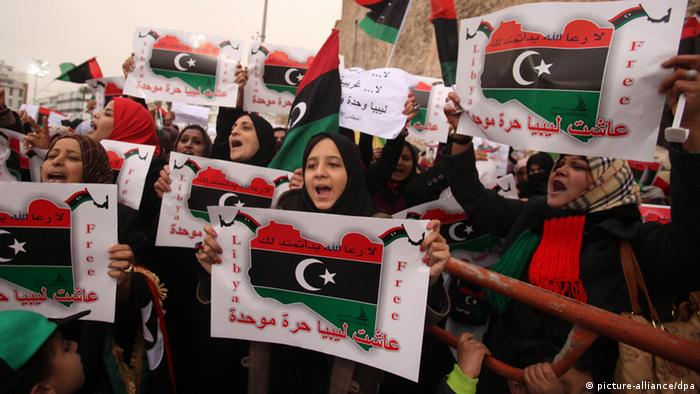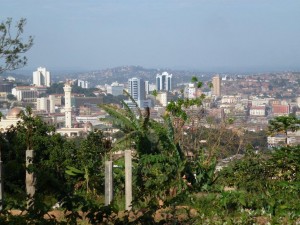By Carolyn Abdenour
Impunity Watch Reporter, Middle East
TRIPOLI, Libya – On Wednesday, 24 April, the National Transitional Council (NTC), Libya’s governing body, enacted a law that banned political parties founded on religious, tribal, or geographic ideals. However, parties that stand on Islamic principles intended to campaign for assembly seats during the 19 June election. Parties including the Muslim Brotherhood denounced this surprise move.

NTC spokesperson Mohammed al-Hareizi emphasized the law encourages “national unity”. He said, “Parties are not allowed to be based on religion or ethnicity or tribe”. He added, “We don’t want the government to be divided by these ideological differences.” The NTC developed this law to regulate the swelling of political parties in Libya.
This law also combats geographical division in the nation. This month, eastern Benghazi has called for autonomy and possibly secession from Tripoli as the area prepares for its local council elections. Libyans throughout the nation are calling for TNC leaders to resign because they failed to establish a functional government.
In two months, Libyans will elect a 200-member assembly responsible for forming a government and compositing a constitution. Independent candidates will fill 120 of these seats while political organizations will fill the remaining 80 seats. Free elections will occur in Libya once this assembly has fulfilled its objectives. Diplomats believe several strong religious leaders will run in the free election once the country ratifies a new constitution.
Parties and organizations intending to campaign for these seats must receive approval to run. For approval, parties must have at least 250 founding members where organizations need at least 100 founding members. Mustafa Landi, a member of the NTC legal committee, clarified these groups “cannot be an extension of a political party abroad or receive foreign funding.”
The Muslim Brotherhood, Libya’s most organized political group, founded the Freedom and Development party and the Justice and Construction party this year. The Muslim Brotherhood reported that rather than directly contesting these elections, the organization will advocate for social issues and development in Libya. During his dictatorship, Moammar Gadhafi banned many of these political organizations
Spokesperson for the Freedom and Development party Mohammed Gaira asserted “This is not democracy” after the law passed. He added, “We don’t understand this law…It could mean nothing, or it could me that none of us can participate in the election…We are a nationalist party and Islam is our religion. This law is unacceptable and only suits liberals.”
For further information, please see:
All India Radio – Religious Political Parties Banned in Libya – 25 Apr 2012
Deutsche Welle – Libya Bans Party Formation Based On Religion, Tribe – 25 Apr 2012
The Telegraph – Libya Tries To Hold Off Rise Of Religious Parties With New Election Rules – 25 Apr 2012
The Voice of Russia – Religion-Based Parties Banned in Libya – 25 Apr 2012
The Washington Post – Libya Bans Political Parties Based On Religion; Islamists Denounce Move – 25 Apr 2012

